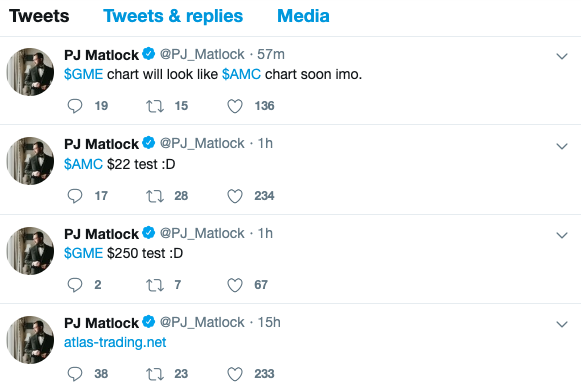If it wasn’t already obvious, so-called ‘pump-and-dump’ schemes are not confined to the crypto world. Unscrupulous actors have engaged in financial chicanery since time immemorial. And the most recent illustration of this is the Securities and Exchange Commission (SEC) who charged seven Twitter users and a podcaster in an alleged US$100 million stock manipulation scheme run through social media.
Pump-and-dump 101
To the uninitiated, a so-called pump-and-dump scheme is the fraudulent act of of encouraging investors to buy shares (or crypto, bonds or any liquid asset) in order to inflate the price artificially, and then selling one’s own investment while the price is high.
This was the modus operandi of the ‘Wolf of Wall Street’ Jordan Belfort who would aggressively sell worthless penny stocks to unsuspecting members of the public.
To get a sense of how stock manipulation schemes work, here’s a revealing clip that highlights how these sorts of operators get the job done in the ‘Wolf of Wall Street’ film.
SEC goes after stock manipulation scheme
According to the SEC, the seven Twitter users charged also used the messaging app Discord to promote certain stocks to “hundreds of thousands of followers”. In true pump-and-dump fashion, they quietly offloaded their shares at the top without letting their loyal subscribers know.
The SEC indictment suggests that this scheme goes back to at at least January 2020 and involves people from across the country including four in Texas, two in California, one in New Jersey and one in Florida – a pretty expansive network by anyone’s account.
In addition to the Twitter reprobates, the SEC also cited one Daniel Knight, a podcaster who “promoted many of the other individuals as expert traders and provided them [the seven Twitter users] with a forum for their manipulative statements”. It is alleged that Knight also traded in concert with the other defendants and regularly generated profits from the manipulation.
A quick look through archived tweets of one of the defendants reveals that he regularly tweeted last year about Gamestop and AMC.

Crypto has a bad reputation for pump-and-dump schemes, partially because the markets are so thinly traded for most assets (aka volumes are small) – this makes them comparatively easy to manipulate. By contrast, traditional markets are a little trickier as they have much higher volumes, however this case proves that even then, retail investors can still sway the market.
The SEC’s complaint calls for the US District Court for the Southern District of Texas to impose fines and to require that the defendants give up their allegedly ill-gotten gains, along with a ban on future misconduct. Simultaneously, the Justice Department has filed separate criminal fraud charges against the defendants.





